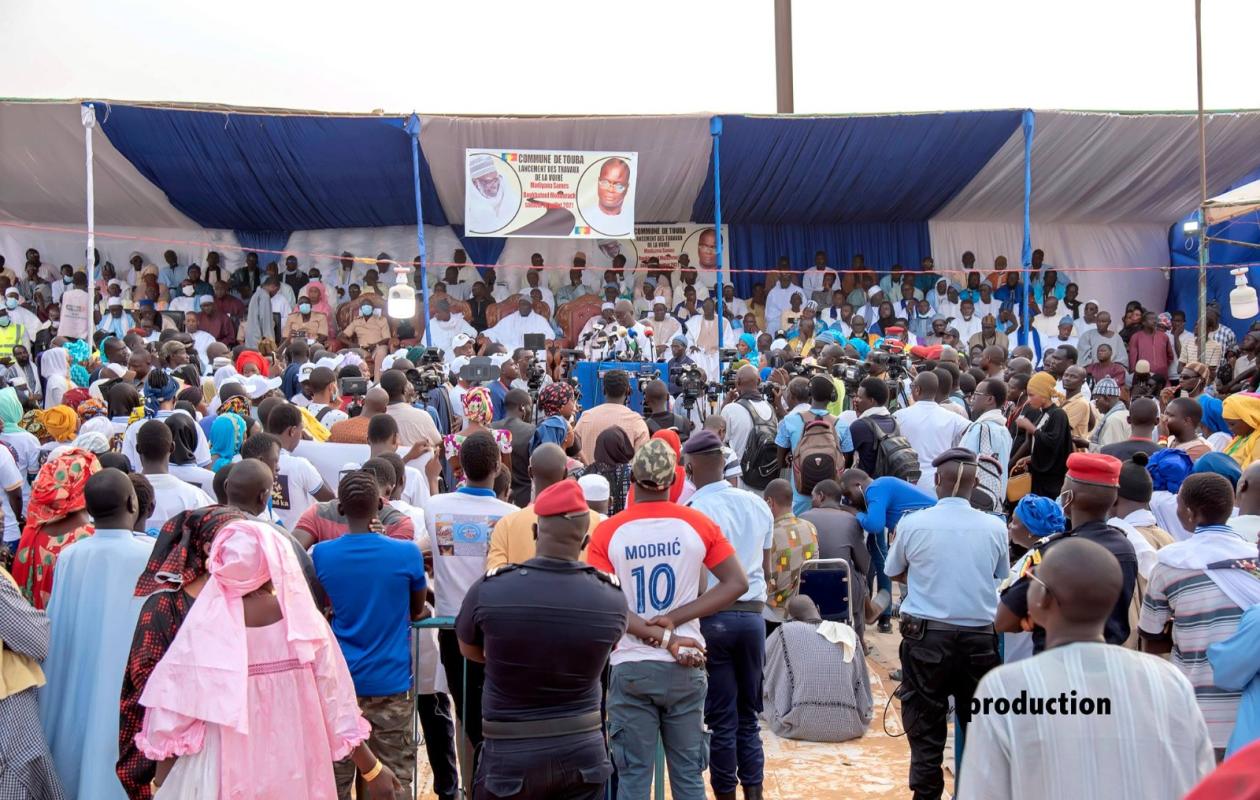
Participation citoyenne : une dimension pratique bien ancrée dans le PACASEN
Citizen participation, established as a fundamental principle of decentralization, is today an essential pillar for ensuring transparent, inclusive, and sustainable local governance. It allows citizens to play an active role in the definition, implementation, and evaluation of local public policies, thus promoting greater ownership of actions and greater accountability of authorities.
It is with this in mind that the Senegalese Municipalities and Agglomerations Support Program (PACASEN), led by the Municipal Development Agency (ADM), has made citizen participation a cross-cutting focus of its approach. The program, which aims to strengthen the financial viability of local authorities and improve their performance in public investment management, integrates concrete participation mechanisms throughout the project cycle.
A favorable legal framework
The General Code of Local Authorities (CGCL), as well as the Environmental Code, encourage citizen participation through various mechanisms. These provide for the involvement of populations in the development of Municipal Development Plans (PDC), participatory budgets, environmental and social impact studies, as well as in the monitoring and evaluation of investment projects.
As such, Volume VI of the PACASEN Operational Manual, entitled Citizen Participation Guide, was designed as a practical tool to strengthen citizen involvement in local decision-making processes. “This guide provides a clear map of the roles and responsibilities of the various stakeholders, with concrete tools for each step,” explains Ndèye Sagne, an expert in Environmental and Social Management (ESM). Indeed, a Minimum Mandatory Condition (MMC) requires beneficiary municipalities to choose priority investments in consultation with the population. This provision aims to ensure that the resources allocated under the program effectively meet the real needs of the communities. It reinforces the logic of accountability and transparency by requiring municipalities to demonstrate that the funded projects were selected following a participatory, documented, and inclusive process.
Specifically, when developing the Annual Investment Plan (PAI), local authorities must organize community workshops, public consultations, or citizen forums to gather the priorities expressed by residents. Following these consultations, a list of prioritized projects is established and attached to the funding application file.
Concrete tools for effective participation
Among the tools used within the framework of PACASEN, several have made it possible to anchor citizen participation in practice:
Local Development Committees (CLD): These bodies bring together community representatives, local authorities, civil society organizations and technical services to discuss development priorities.
Participatory Budgeting: Residents are invited to prioritize investment projects to be included in the municipal budget. This process has made it possible to redirect funds to facilities not initially budgeted for but deemed urgent by citizens.
Transformed local governance
According to Ndèye Sagne, the results are already visible in several pilot municipalities. "We are seeing a new dynamic of governance: more participatory, more transparent, and above all, more efficient," she says. Citizens are becoming agents of change, asking questions, demanding accountability, and also proposing solutions adapted to their realities.
By involving citizens from project design to evaluation, PACASEN promotes local ownership and strengthens the sustainability of public investments. "When local people are involved in decision-making, they themselves defend projects and ensure their proper functioning," adds the expert.
For collective and equitable development
Beyond infrastructure, citizen participation helps strengthen social cohesion and reduce local tensions, particularly in contexts where decisions were previously perceived as unilateral. It also gives a voice to often marginalized groups, including women, young people, and people living with disabilities.
"By giving every citizen a voice, PACASEN ensures that local development is no longer solely the responsibility of elected officials or technicians, but rather a collective effort, where everyone has their say and a role to play," insists Ndèye Sagne. She concludes: "It is together that we can build fairer, stronger, and more resilient communities."
Commentaires (1)
Participer à la Discussion
Règles de la communauté :
💡 Astuce : Utilisez des emojis depuis votre téléphone ou le module emoji ci-dessous. Cliquez sur GIF pour ajouter un GIF animé. Collez un lien X/Twitter ou TikTok pour l'afficher automatiquement.